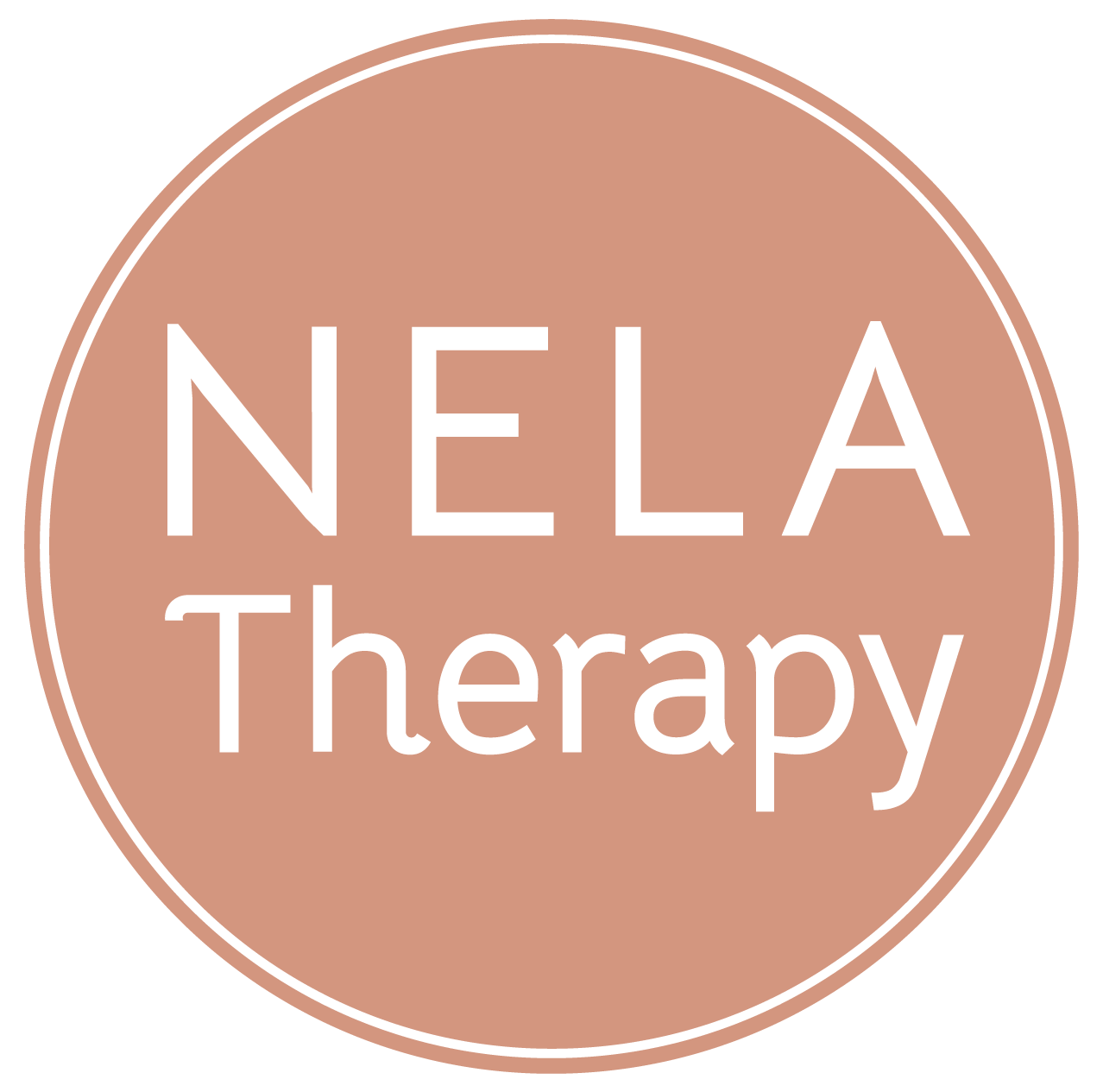Overcoming Perinatal and Postpartum Depression - Evelyn Aizenburg
After I had my first child, almost twenty years ago, I was not as happy as I had imagined I would be. During my pregnancy, I was elated. I couldn’t wait to hold my baby. I knew it would be challenging, but I hoped that the gratification that came with raising a child would make up for the demanding work. But after actually giving birth, I found myself feeling lonely, anxious, and depressed. I wasn’t able to sleep at night, even when my child was sleeping. The anticipation of being waken up soon, the constant worry about being able to calm my baby down, and the anxiety about something going wrong in the process kept me awake.
I felt extremely lonely. My husband would leave to go for work in the morning, and I had long days, of 8 to 10 hours each, of taking care of a very demanding, vulnerable being. I had no other adult to exchange words with, not to mention share the burden of caretaking. All I had were extremely long days of feeding, diapering, putting baby to sleep, entertaining baby, washing bottles, cooking and doing laundry. Day and night were all the same to me. It seemed like one endless day of slavery. The first few months were especially difficult. My baby was not yet smiling or acknowledging my existence in any way that felt satisfying. To him, I was merely a function which its sole purpose was to meet its needs, nothing more.
When I still wasn’t feeling better after a few weeks, I knew something was not right. I started worrying that I might not be able to continue this way, and I decided to go to talk with a therapist. That was one of the best decisions I have ever made.
Perinatal and Postpartum disorders are extremely common. Statistics show that 20% of women suffer from one or more food disorders throughout their pregnancy. That includes postpartum depression (PPD), postpartum anxiety/OCD and postpartum psychosis. In the US alone, over one million women suffer from postpartum depression yearly, and that is without taking into account women suffering from postpartum OCD and postpartum psychosis.
Despite these high numbers, many women feel shame about the way they feel, and therefore do not ask for help. Moreover, there is no screening during pregnancy for these disorders. Dr. Ruta Nonacs of Massachusetts General Hospital and Harvard Medical School adds, “Postpartum depression is far more common than gestational diabetes. All women receiving prenatal care are screened for diabetes, but how many pregnant and postpartum women are screened for depression? PPD is also more common than preterm labor, low birth weight, pre-eclampsia and high blood pressure; in other words, PPD is the most common complication associated with pregnancy and childbirth.”
Research shows that psychological treatment is highly effective in the treatment of perinatal and postpartum mood disorders. Women should seek treatment for two main reasons: The first is because untreated PPD can morph into chronic depression. A study just published in the Harvard Review of Psychiatry finds that about 50% of women with PPD are still depressed after the first year, and 30% still suffer from depression even three years later.
The second reason it’s crucial to get professional treatment for postpartum depression is that children whose mothers have either untreated depression during pregnancy or untreated PPD or anxiety are more likely to be negatively impacted over the long term. As explained by the nonprofit organization Zero to Three, “Older children of mothers depressed during infancy show poor self-control, aggression, poor peer relationships, and difficulty in school.” They have higher rates of substance abuse and psychiatric illness themselves. At younger ages they have a higher risk of cognitive and behavioral problems. Given that those of us who have had these illnesses already suffer tremendous guilt and worry over our children, it only adds insult to injury to imagine that our children would suffer as a result of our disorder.
Asking for help can be difficult. Admitting to yourself and to others that you are not doing well is difficult. Making yourself go to that therapy appointment, or attend that support group, or take that medication, is difficult, no doubt. It is tempting to ignore what you’re going through, and to convince yourself that you can do this on your own.
But you have to let that go. You have to make that call. If you need treatment for postpartum depression or anxiety, go get it. You have options. There is something that will work for you.
Evelyn Aizenberg is a clinical psychologist and marriage and family therapist who specializes in perinatal and postpartum depression. To learn more about her services visit www.octherapyclinic.com



